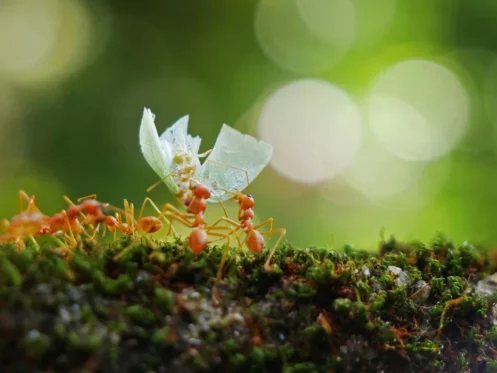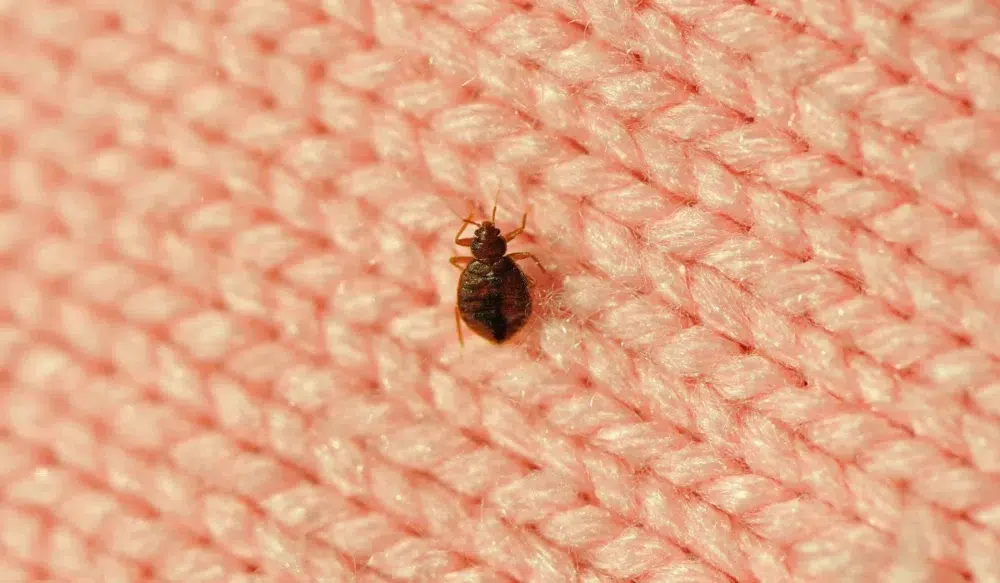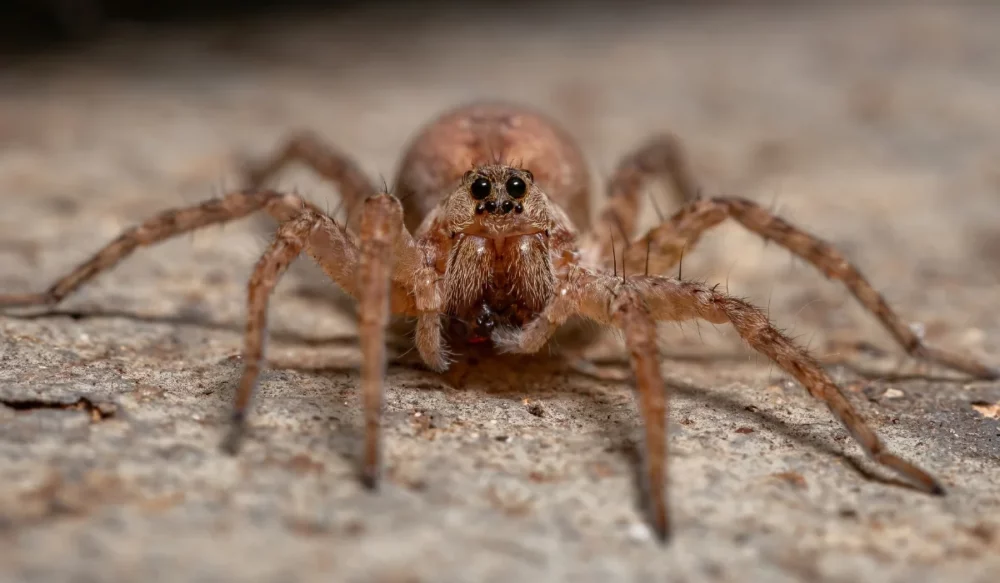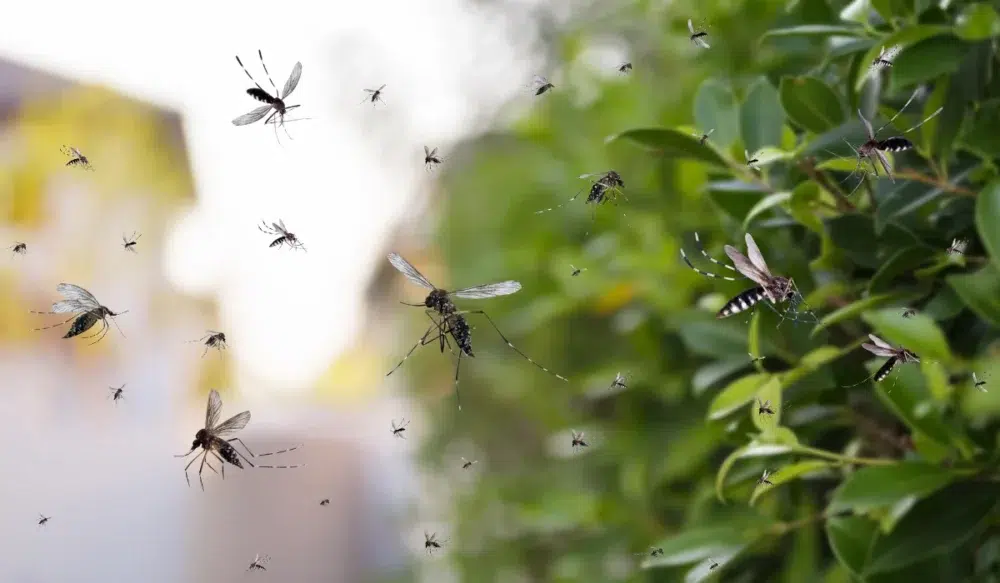If you live in Phoenix, Scottsdale, Chandler, or Tucson, you’ve probably dealt with ants taking over your backyard or sneaking into your home from the garden.
While ants play a crucial role in the local ecosystem, too many can disrupt plant growth, attract aphids, and even cause damage. Instead of reaching for harsh sprays, there are eco-friendly ant control methods that can prevent infestations without harming your soil, pets, or pollinators.
This article walks you through the best natural ways to keep ants out of your garden and out of your home using safe and proven techniques.
Key Takeaways
- Diatomaceous earth and boric acid provide a non-toxic, long-lasting ant control solution.
- Essential oils, such as peppermint and tea tree oil, repel ants from garden beds and patios.
- Preventing food access and blocking entry points helps stop infestations before they start.
- When natural methods aren’t enough, professionals like Green Home Pest Control offer eco-conscious support.
Start With Prevention: What Attracts Ants to Your Garden
In the dry Arizona climate, ants are drawn to water, food, and shade, making your garden the perfect target. One of the most effective forms of ant control is simply making the space less attractive to them.
Ants follow scent trails to food. In gardens, this often means aphids, fallen fruit, or open compost bins. Aphids produce a sweet substance called honeydew, which ants actively farm and protect. If your plants are covered in sticky residue or you’ve spotted clusters of tiny bugs on leaves, aphids are likely the real root of your ant problem.
Cleaning up fallen produce, trimming overgrown branches, and checking for moisture buildup near irrigation can dramatically reduce ant activity. Also, ensure that pet food dishes aren’t left outside for long and that garbage bins are sealed tightly.
Use Diatomaceous Earth for Safe, Effective Treatment
To kill ants without harmful products, diatomaceous earth is one of the most trusted options. It’s a fine powder made from fossilized algae that dries out ants by scratching their waxy exoskeleton.
You don’t need to overapply; just a light dusting where you see ants is enough. It’s best used around walkways, garden beds, and patios where ants are most active.
Keep in mind that it loses effectiveness when wet, so reapply after heavy watering or rain. Ensure you use food-grade diatomaceous earth, which is safe for children, pets, and edible plants.
Use Borax or Boric Acid Baits
For deeper infestations, borax or boric acid can be used as a slow-acting ant bait. When mixed with something sweet, such as sugar or syrup, the worker ants carry the bait back to their ant colonies, where it works quietly over time.
Unlike surface sprays that only kill visible ants, this method targets the nest. It’s beneficial when dealing with persistent species like fire ants or carpenter ants, which build nests underground or in wood.
Keep in mind that fire ants can sting and may trigger allergic reactions in some individuals. These ants may require more targeted treatment or professional help, especially if they’re nesting near high-traffic areas.
Place homemade bait stations in areas where ants are commonly found, but keep them out of reach of pets and children. You can also purchase ready-made solutions, such as Terro, which uses borax as its active ingredient for a more effective ant prevention method.
Essential Oils That Repel Ants Naturally
Several essential oils are known to act as ant repellents, and they can double as fragrant additions to your garden routine.
Peppermint oil, for example, not only smells great but masks the pheromone trails ants use to navigate. Mix a few drops of peppermint or tea tree oil with water in a spray bottle and apply it to common ant paths, garden borders, or areas near your home’s foundation.
You can also use clove, eucalyptus, or lemon oil. These oils are not strong ant killers, but they are excellent at keeping new ants from moving in. Reapply regularly, especially after rain or watering.
Vinegar and Lemon Juice as Natural Deterrents
A mix of white vinegar and water works well as a quick treatment for ant trails. It disrupts their scent signals and helps clean up residue left by other ants.
Be cautious about where you spray; vinegar can alter the pH of your soil. Lemon juice offers a similar benefit and can be used around windowsills or along garden paths where ants tend to sneak in. While neither will kill ants directly, they help make your garden less inviting, thereby helping to get rid of ants.
Don’t Forget the Aphids
If your garden has both ants and aphids, they’re often connected. Removing aphids eliminates a significant food source for ants.
Use neem oil or insecticidal soap to manage aphids without harming bees or other beneficial insects, such as butterflies. You can also encourage natural predators, such as ladybugs. When the aphids disappear, ants tend to follow.
What About Ant Traps and Bug Sprays?
Ant traps using borax or Terro can be adequate for challenging infestations. These work by attracting ants to a bait they carry back to the nest.
But use them cautiously around pets and avoid placing them near flowering plants to protect pollinators.
As for bug spray, look for non-toxic, plant-safe options. Some sprays use essential oils or minerals instead of synthetic ingredients. Avoid products labeled as pesticides or insecticides unless you fully understand the ingredients.
When to Call a Professional
Sometimes, DIY methods aren’t enough. If you’re seeing large numbers of ants, recurring infestations, or if they’re making their way into your home, it may be time to call an exterminator.
At Green Home Pest Control, we specialize in eco-friendly methods that won’t compromise your garden or safety. Whether you’re dealing with fire ants, roaches, or other pests, our team utilizes targeted treatments and effective pest management strategies to safeguard your space.
We serve homeowners across Phoenix, Chandler, Scottsdale, Tucson, and surrounding communities with personalized, non-disruptive solutions.
If ants are disrupting your garden despite your best efforts, Green Home Pest Control is here to help. Our local, eco-conscious team offers innovative solutions specifically designed for Arizona homes and gardens. Just reach out to us if you need support keeping your space pest-free naturally.
FAQs
What’s the safest way to get rid of ants in a vegetable garden?
Use food-grade diatomaceous earth around the bases and rows of plants. It won’t harm your veggies, and it controls ants and other pests without leaving harmful residue.
How does borax work against ants?
Borax disrupts the digestive system of ants. When worker ants carry bait with borax back to the nest, it gradually eliminates the colony.
Can essential oils repel ants?
Yes, oils like peppermint, tea tree, and clove can disrupt pheromone trails, making it harder for ants to navigate or establish new routes into your garden.




